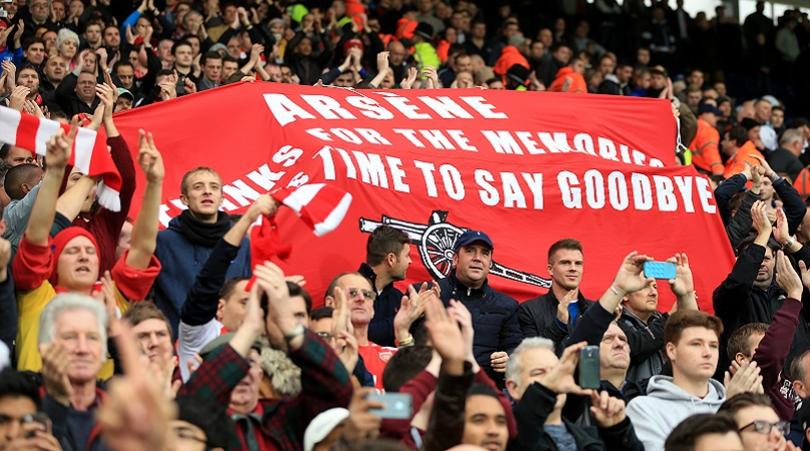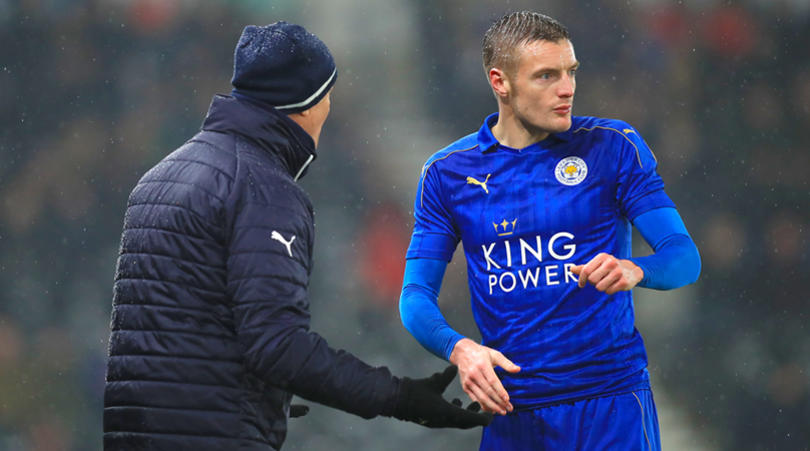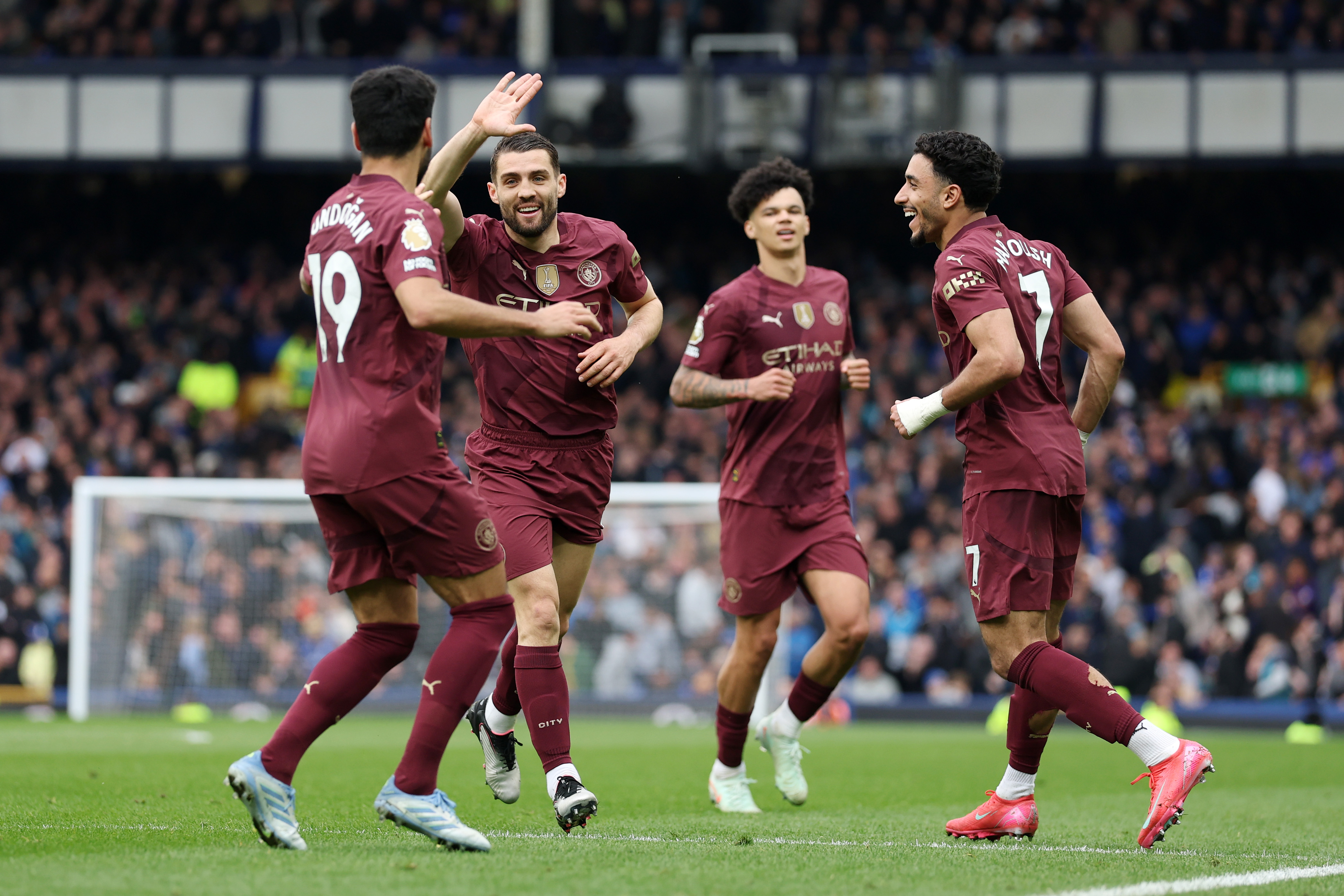Why Tottenham deserve even more credit than you think this season
Many Premier League teams have fallen away the season after a failed title bid, which Alex Hess believes makes Spurs' current campaign all the more impressive
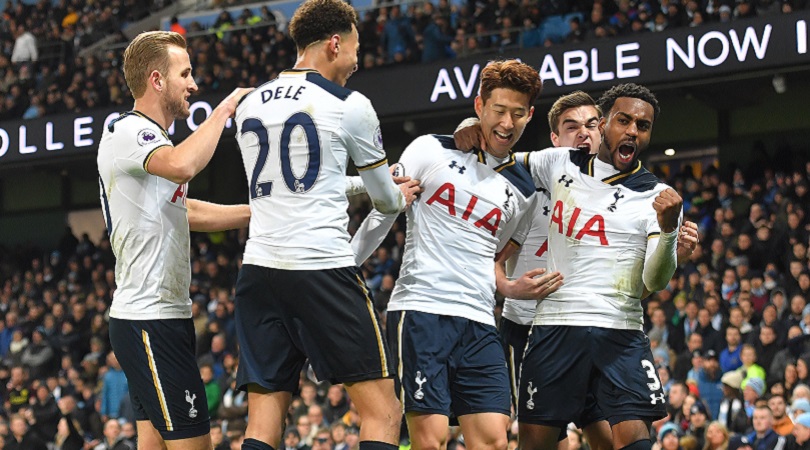
Consistency can be deceptive. Last season, Tottenham hounded the eventual champions until the finish line was in sight, only to crumble at the last. The fact that, a year later, they've retained their status as the Premier League’s best of the rest makes perfect sense, right? Wrong.
In fact, if history is anything to go by, Spurs’ season this time around is not so much impressive as it is gravity-defying. Like a gut-punch from a heavyweight boxer, a failed championship charge can leave a team gasping in the gutter. Even hardened winners can struggle to pick themselves up from a fruitless title bid – but for a team whose challenge took them into unchartered territory, failure can be fatal.
In the modern era, no side without previous title-winning experience – other than the ones propelled by a sugar daddy – has had a crack at the championship without suffering severe and immediate repercussions.
One-time contenders
The disappointment hit Villa hard: the following season they dropped to 10th, the season after that, 18th
In the Premier League’s inaugural campaign, Aston Villa were Manchester United’s closest challengers, tailing Alex Ferguson’s men right up until the penultimate game. An admirable feat – not least for the likes of Steve Froggatt and Nigel Spink – but failure is failure, and the disappointment hit Villa hard: the following season they dropped to 10th, the season after that, 18th.
Kevin Keegan’s legendary Newcastle side, the glorious failures of 1995/96, did manage a second-placed finish the season after their fabled collapse, but they were never truly in the title race that year, leapfrogging their way into second on the final day – a full fortnight after the championship had been decided. But then they sunk like a stone to 13th, and it was another three campaigns before they even finished in the top half. The ‘great entertainers’ have never entertained hope of a title since.
It was Bill Shankly who declared that "if you are second you are nothing", and indeed the inferiority complex such sentiments might bestow on a runner-up has not been better demonstrated than by his own club. Three times a Liverpool side has made an abortive dash for the Premier League crown; in all three cases final-hurdle failure triggered capitulation, crisis and top-down overhaul.
Get FourFourTwo Newsletter
The best features, fun and footballing quizzes, straight to your inbox every week.
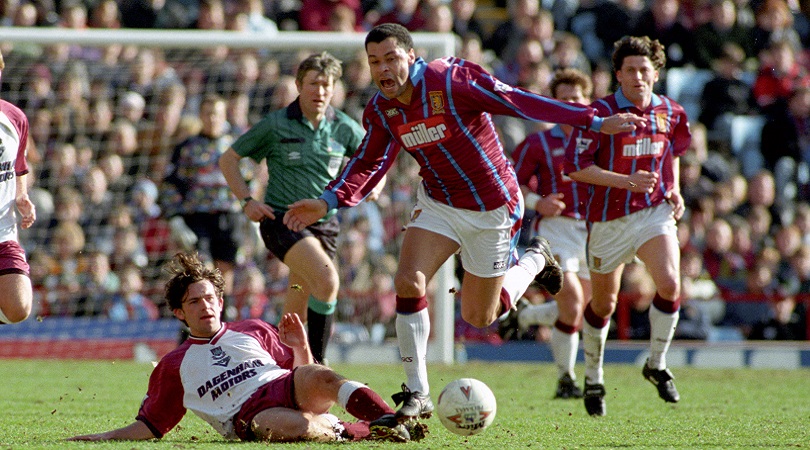
Fall after flight
Full-scale meltdown ensued the following season – Liverpool ended it a lowly seventh – and indeed the club would not finish higher than sixth for four years
In 2002, the Reds were top with five games to play, eventually losing out to Arsenal. That summer, as a club were left to rue what could have been, the stench of mediocrity quickly enveloped Anfield and second place became fifth, fourth and fifth.
In 2009, the club played their part in a truly thrilling title race, losing just two games all season and pushing what was arguably Alex Ferguson's greatest-ever United team all the way, only to miss out on the holy grail by four points. Full-scale meltdown ensued the following season – Liverpool ended it a lowly seventh – and indeed the club would not finish higher than sixth for four years.
Then, three seasons ago, a wholly new Liverpool side led by Luis Suarez looked to have the thing sewed up with three games left to play. Then came Chelsea, Crystanbul, dashed dreams, and – sure enough – the now-familiar plummet: the two years since have seen Liverpool finish sixth and eighth.
Which is all a long-winded way of saying that, whatever happens now, Tottenham’s current position of second is doubly laudable – a feat of guts as well as guile. To paraphrase Aaliyah, perseverance in the face of failure is a hell of a thing.
Overcoming the barrier
Of course, much of this is because Spurs’ title challenge was no flash in the pan. Part of the reason the above teams all fell away so badly is because they were punching above their weight in the first place – the plunge that ensued was simply a regression to the mean. Spurs’ continued excellence is testament that last term was no outlier, that the division’s upper echelons represent the new normal for a club that had long become used to gazing up resignedly at a glass ceiling. Put simply: Pochettino’s methods are sustainable.
It’s common to hear sports psychologists describe the cruel reality of defeat as creating a barrier to future success
But there’s a little more to it than that. A mere regression to the mean doesn’t fully explain the brutal severity of any of the above drop-offs, which all stand as proof that, like the hopeful job applicant who flunks their first interview and stops applying for positions altogether, close-quarters failure can provide a lasting sucker-punch.
Steven Gerrard spoke of being absolutely "devastated" in the wake of Liverpool's 2013/14 campaign, and that crippling deflation was clearly not limited to him. The drunken tailspin that followed that freewheeling title charge was painful to watch, a chalk-and-cheese act only partly explained by the departure of Luis Suarez.
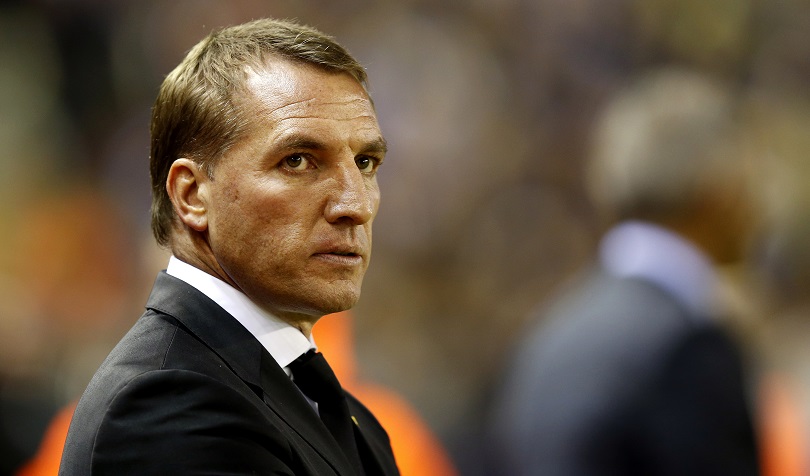
Just as sportspeople regularly describe their main motivation as a fear of losing – that relief, not delight, is their instinctive response to victory – so it’s common to hear sports psychologists describe the cruel reality of defeat as creating a barrier to future success.
Here for the long haul
Plenty has been written over the past year or so about how Pochettino has redefined what his club stands for. Whereas Spurs spent a generation as a byword for feebleness and fragility, it now means resilience, relentlessness and generously sized cojones.
On one side of north London, Arsenal’s repeat performance of last term – and the many before it – is seen as evidence of spinelessness and defeatism. Their neighbours, though, are using the same methods to demonstrate the very opposite: Tottenham’s re-run of last year's antics is an exhibition of doggedness and ambition.
Spurs’ current campaign, lacking as it does a genuine championship chase and coloured by some insipid Champions League form, may not carry the raw excitement or the surface-level optimism that last year did. And yet it is arguably even firmer evidence of the club’s wholesale reinvention: proof that while many of the events of 12 months ago can be explained away by the Twilight Zone conditions of a singularly bizarre season, Spurs’ status as hard-nosed, trophy-hunting insurgents is here to stay.
Which, when you stop and think about it, might just be the weirdest development of all.
